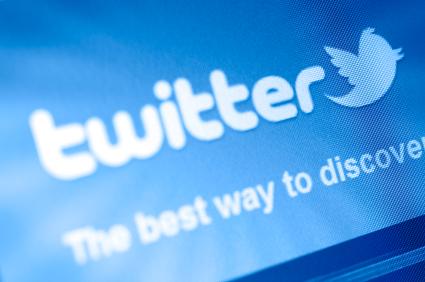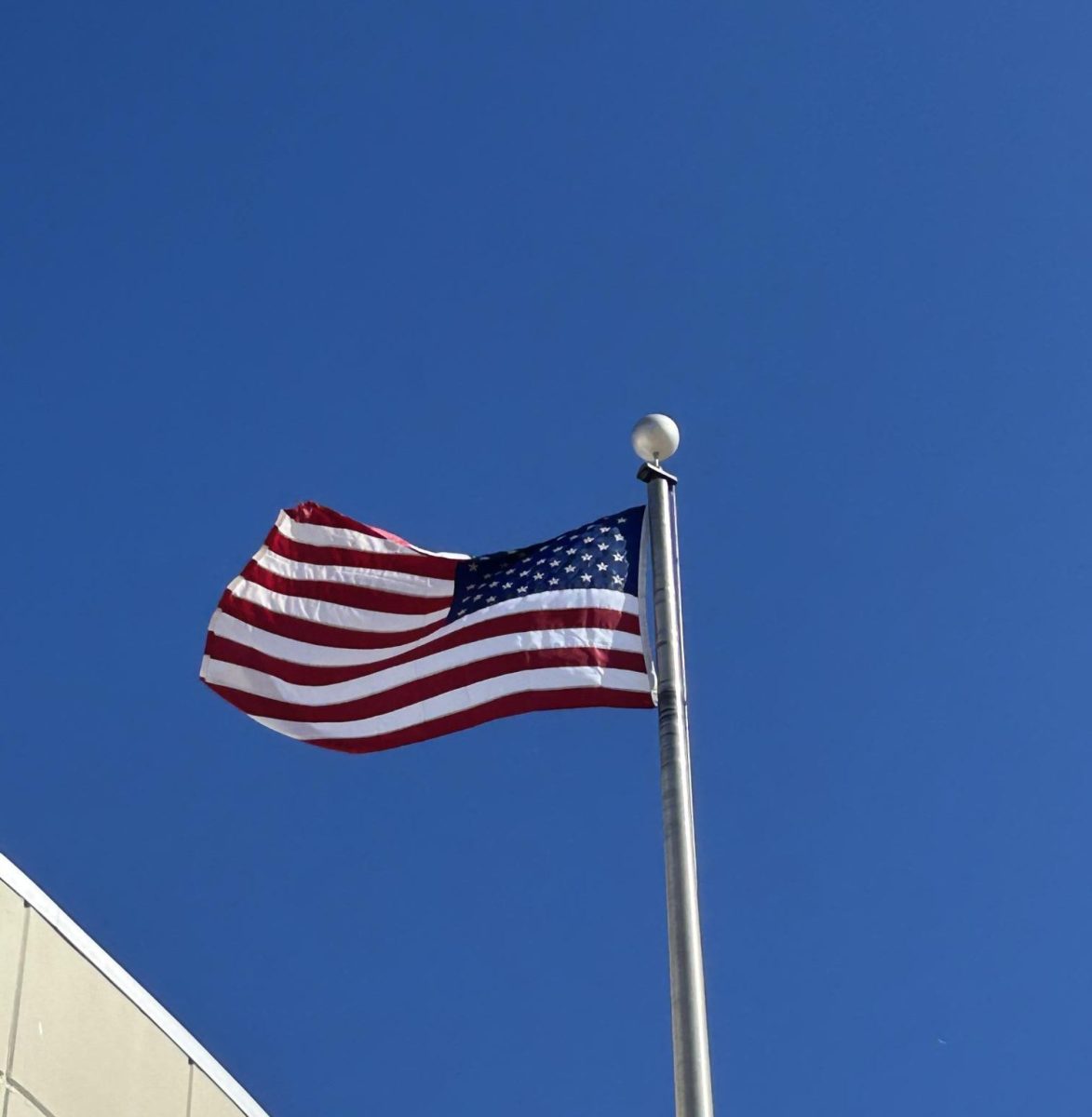
On Jan. 26, Twitter announced on its blog the capability to “reactively withhold content from users in a specific country while keeping it available in the rest of the world.” The announcement made headlines and became a trending topic, prompting users to question the company’s motives.
“Twitter wants to keep themselves available because [these countries] can block an IP – they’re sucking up to the worst regimes,” Dr. Nicholas Gerlich, WTAMU department head of Management, Marketing, and General Business, said.
In its blog, the company admits that countries where the service is banned have ideas that “differ so much from our ideas that we will not be able to exist there.”
People like Daniel Zewde, a junior Advertising and Public Relations major, believe that this policy would undermine what Twitter’s mission is about.“I believe that Twitter is described as an information-sharing network and their mission statement is: ‘To instantly connect people everywhere to what’s most important to them,’” said Zewde. “[The policy] definitely shields people from Twitter’s mission.”
Kim Bruce, Instructor of Mass Communication, also pointed out that blocking tweets could undermine the power that Twitter has had in hostile countries.
“[Users] know the risk they’re taking in that country when they tweet because that country can trace it,” said Bruce. “If they didn’t take that risk, Arab Spring wouldn’t have happened.”
Although Twitter has been well-publicized as a hub for breaking news and content, Twitter CEO Dick Costolo stated that “Twitter was not a media company” at a media conference on Jan. 30, according to Mashable. Both Bruce and Gerlich disagree with the statement.
“If you operate in the public forum and you’re transferring information, you’re a mass communicator,” said Bruce. “It’s a way to shrug responsibility.”
[The CEO] is trying to distance himself,” said Gerlich. “[Twitter would make more money] only if they could sell more advertisements [as opposed to this policy]. Facebook made $4 billion in advertisements last year – one-tenth of Google.”
Gerlich believes that the withholding policy will not be reversed anytime soon.
“I think Twitter will hold their ground – they don’t want to be blocked in other countries,” said Gerlich. “Google had issues [with that]. It’s unfortunate that censorship has to do that.”
If it isn’t reversed, some like Bruce believe that the move will be bad business.
“Google was transparent about global pressures, what about Twitter?” Bruce asked. “Is it worth it to get into that market while shrinking the freedoms of some people?”







